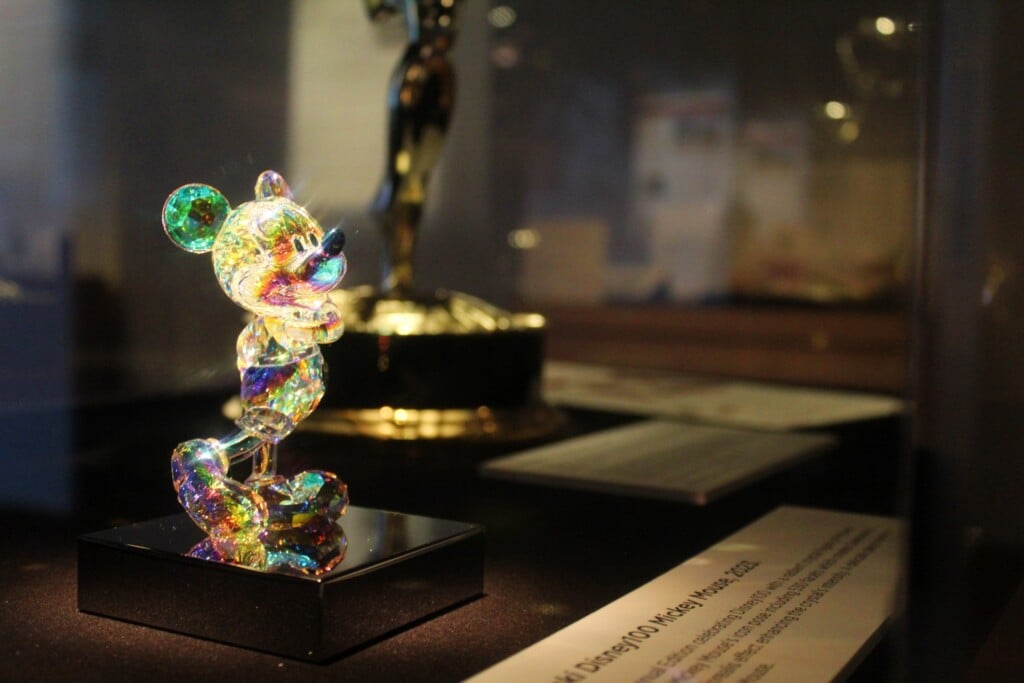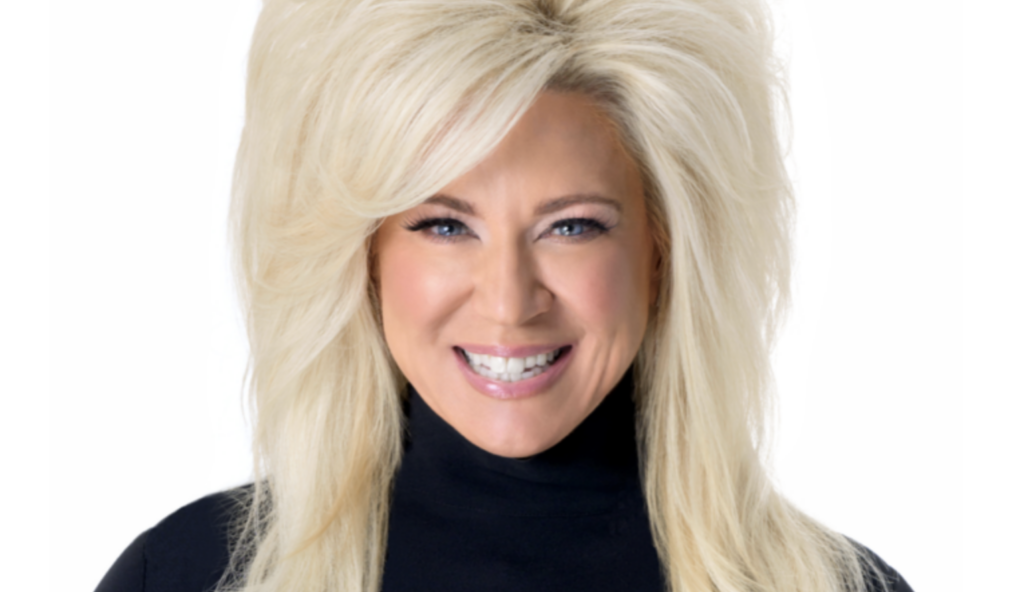Art Attack
The weirdest thing about British bad-boy artist Damien Hirst’s work is how beautiful it is. His glass-enclosed pharmaceutical shelves — with fictitious drugs and cure-alls — have lovely symmetry yet imply chemical overload. His dead shark suspended in ocean-blue formaldehyde is a masterpiece of wistfulness — it gives some people the willies, but no one can shrug off its strength and truth.
Ponder, then, what an artist might do with a blank canvas made of flesh and bone, and you’ve got Neil LaBute’s bravely incendiary The Shape of Things, currently rattling folks at the Unicorn Theatre. Joseph Price directs with the speed of a cracking whip, forcing your eyes open (the way deprogrammers torture Alex in A Clockwork Orange) to the malleable nature of love-starved people and the cruelty of those who prey on them.
The play is set in a conservative Midwestern college town where a tormented psyche seems to be a prerequisite for residence. Evelyn (Alicia Atkins), a graduate student from the art department, strolls into a museum with a can of spray paint, intent on defacing a sculpture that’s had a fig leaf forced upon it by priggish townies. It’s “false art,” and it inflames her. But she’s talked down from her soapbox by Adam (Michael Andrew Smith), a naïve guard and fellow student who is seduced by her rebelliousness. Instead of spraying the sculpture, she aerosols her phone number on the lining of his ugly coat. Thus begins a five-month relationship that, to Evelyn, represents the pinnacle of her artistic career but ends with Adam’s declaration that “It’s a sick fucking joke — it’s not art.”
Adam’s best friends are a young man and woman on the brink of marriage. Jenny (Michelle Miller) and Phillip (James Knight) might as well have been models for Norman Rockwell. She’s a nice girl, and he’s a pretty, pompous jock. They’ll have photogenic children but not much to talk about in a few years, and that nags at them both. For them, the relationship between Adam and Evelyn is a convenient distraction; it makes Jenny wonder if Adam isn’t more her type, and it moves Phillip to express his fears about how married life will cage him. Adam is changing his physical self to Evelyn’s prescription — contacts replace glasses, and muscles replace frailty — but it’s Jenny and Phillip who are making the deeper shifts.
If there’s a vagueness to what Evelyn does, that’s because LaBute would rather have audiences react to Evelyn’s scheme with the same horror shown by other characters. You’ll either hate her or be perversely intrigued by her brilliance.
At a performance last week, the actors struggled to make the script jump from the page; the first couple of scenes were stiff and unengaging. But in quick order, they located the core of their characters and eventually made the piece bristle. (“In 25 years of seeing Unicorn plays, this is the scariest I’ve ever seen,” one audience member said in an after-show talk-back.) Atkins is especially effective. Darkly lovely, she paces around the other players like a panther; her ferocity is revealed only in certain light.
Atif Rome’s set and furniture design smartly place the actors against a blank canvas, and Georgianna Londre’s apt costumes mark the players’ transformations. David Kiehl’s sound design, especially the snippets of college-radio brats like the White Stripes, has attitude. Jeffrey Cady’s lighting is complemented by his video projections, which set a time for each scene yet march events forward during scene changes. Even before the final blackout, when all of Evelyn’s treacherous brilliance is revealed, the videos remind you of crime-scene photography — something unsettling is happening before our eyes.
Postscript: In New York, two Kansas kids are all grown up and playing roles that might make their families blush. Kansas City, Kansas, native Ken Prymus, whose Broadway credits include The Wiz and Cats, tops the bill of Blessing in Disguise, a new Off-Broadway comedy by Aunt Chooch’s Birthday creator Larry Pellegrini. Set in a hetero-friendly drag club, the show features Prymus as George, a.k.a. “The Big G,” a ghetto-fabulous female impersonator whose solo spot offers a salute to cosmetics empress Mary Kay. The rainbow coalition of queens includes an aging matriarch, a Southern-belle-cum-boozehound and a breeze from the East known as Lily Chow Mein (played by Andrew Pang, who was recently seen in the Missouri Repertory Theatre’s The Sisters Matsumoto).
At the Jane Street Theatre, where Hedwig and the Angry Inch ruled for several years, admitted Kansas farm girl and Aida star Sherie Rene Scott plays the title role in Debbie Does Dallas. Under the aegis of director Erica Schmidt and composer Andrew Sherman, Debbie does without the graphic sex that made the movie of the same name the most notorious porn film of the ’70s. Plenty of sex is implied, though. The script is true to the film; it’s intentionally clunky and — because it is sincerely delivered — awfully funny. As Debbie and her cheerleader pals invent new ways to raise money (like wearing no bras while washing townsmen’s cars, which have Kansas tags), they remind you that there are, to paraphrase Paul Simon, fifty ways to love your lever.




